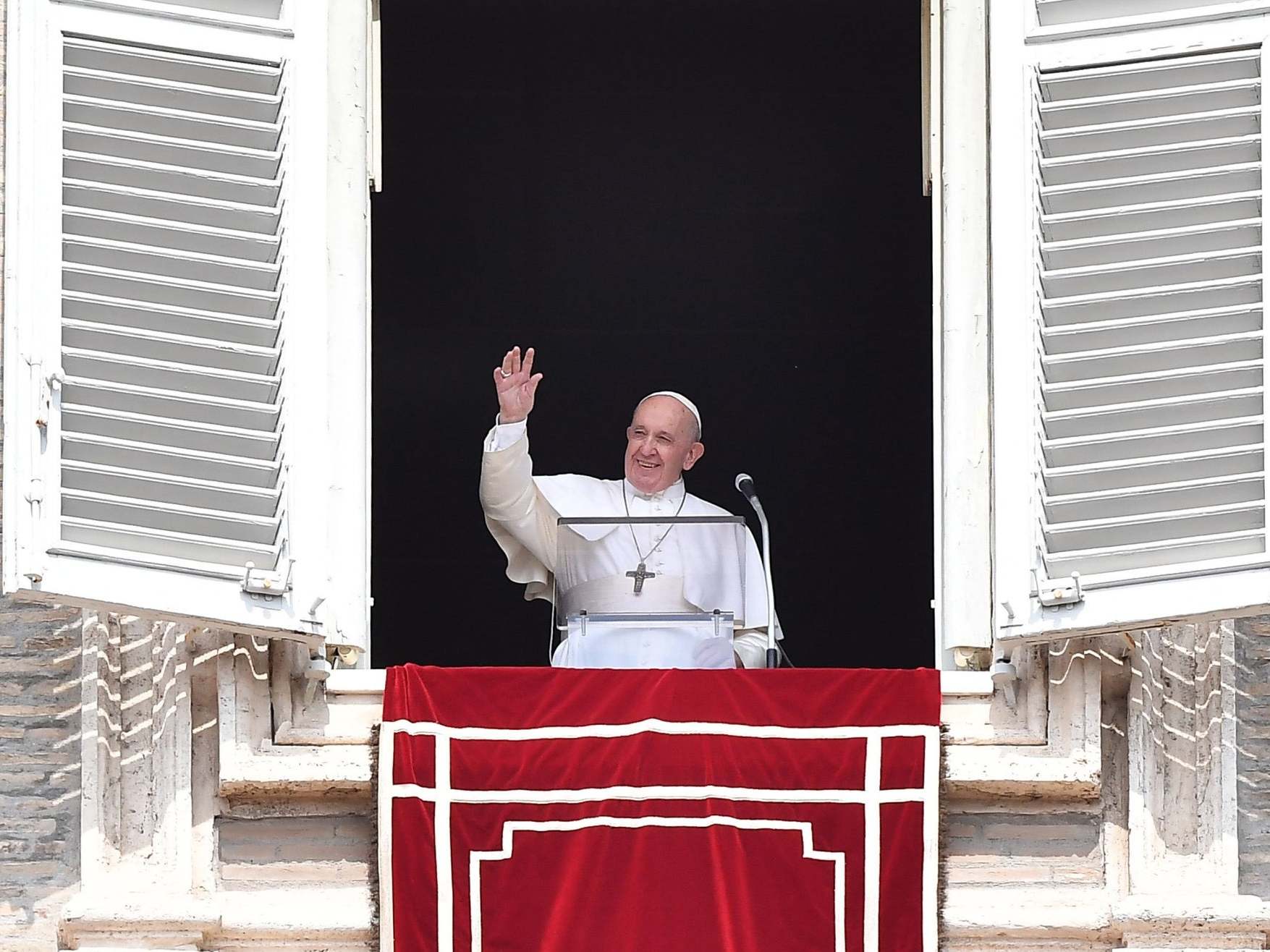Mea Culpa: Frightened off by being stuck in a lift
Questions of usage and style in The Independent last week


I had to take the stairs to my office in parliament this week because two colleagues were stuck – briefly – in the lift, and I didn’t want to take the risk. It is an old lift that never inspires confidence that it will make it all the way up.
So I sympathised with the pope, who was stuck in a lift for 25 minutes in the Vatican last week, and had to be rescued by firefighters. Anyway, we reported that, “unphased by the lift ordeal”, he went on to deliver a speech in which he urged governments to find the political will to deal with climate change.
Thanks to Mick O’Hare for pointing out that this should have been “unfazed”. “Faze” is an unusual word, so it is always likely to be spelt like the more familiar one that sounds the same. But “faze” is a variant of “feeze”, meaning “drive or frighten off”, which became popular in the US in the 19th century, but which comes from Old English “fesian”.
Unlike the pope, I was fazed.
Witless: We put a strange headline on the remarkable story about the French president listening in on a domestic abuse emergency hotline: “Macron hears unwitting police officer refuse to help abuse victim.”
What we meant, although this was not obvious unless you read the story, was that the police officer was unaware that Emmanuel Macron was listening to the call. The officer’s state of unknowing is not the most important part of the story, so a simpler headline would have been something like: “Police officer refuses to help abuse victim while Macron listens in on call.”
Kashmiri icons: Eight iconics in The Independent last week, including “Lal Chowk, Srinagar’s large, iconic central square and shopping district” in an article about Kashmir, a state in crisis. Later in the same article we came across “Dal Lake, and its iconic shikaras and houseboats”.
Sometimes “iconic” just means “famous”, which is an unnecessary word in most journalism, because if something really is famous then the reader will have heard of it, and if it isn’t, saying it’s famous doesn’t help.
Anyway, I have been to Srinagar and I don’t remember the central square. I do remember the wooden boats, but I had forgotten they were called shikaras. Calling them “iconic shikaras” could have been an example of the other use of “iconic”: a way of alerting the reader to a distinctive and memorable feature.
Shikaras are traditional boats that feature in all the tourist photos of Kashmir, and so for some readers “iconic” might prompt a mental image of what we are talking about. But there must be better ways of painting the picture than saying, in effect, “think of the cliche”.
Join our commenting forum
Join thought-provoking conversations, follow other Independent readers and see their replies
Comments
Bookmark popover
Removed from bookmarks